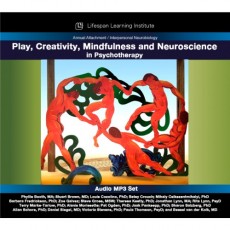This program is eligible for 18 Hours of CE Credit.
The following continuing education credit options are available for this program:
Marriage and Family Therapists, Licensed Professional Clinical Counselors, Licensed Educational Psychologists & Licensed Clinical Social Workers: Lifespan Learning Institute is approved by the California Association of Marriage and Family Therapists (CAMFT) to sponsor continuing education for LMFTs, LCSWs, LPCCs, & LEPs. Lifespan Learning Institute maintains responsibility for this program/course and its content. (provider # 050085)
Psychologists: Lifespan Learning Institute is approved by the American Psychological Association to sponsor continuing education for psychologists. Lifespan Learning Institute maintains responsibility for this program and its contents. The Ethical Principles of Psychologists will be upheld.
IMPORTANT NOTICE: CAMFT is a California accrediting organization. It is the responsibility of participants licensed in other states to verify whether their Licensing Board will accept the CE Credit we offer.

